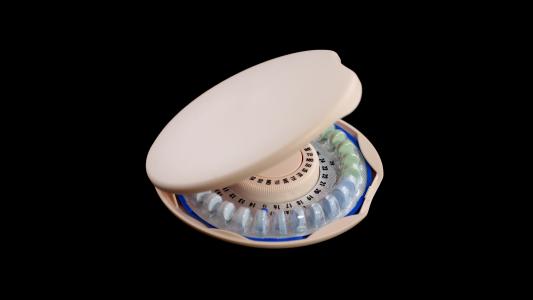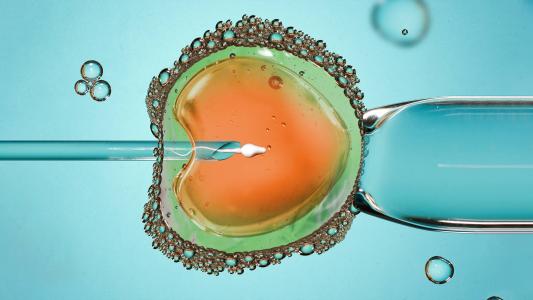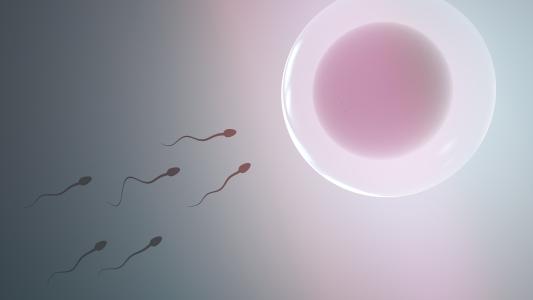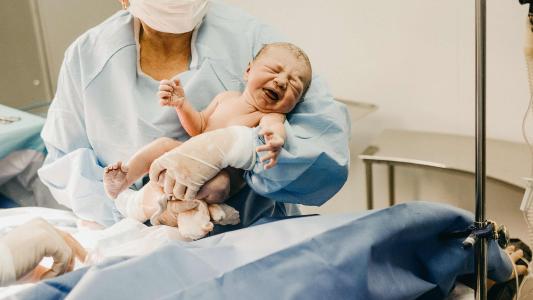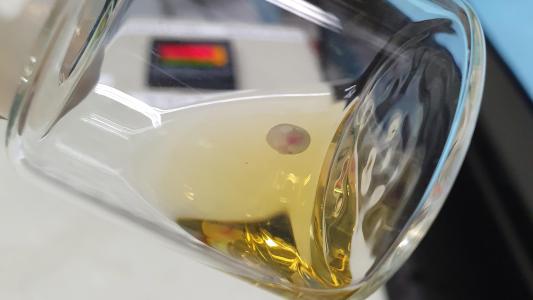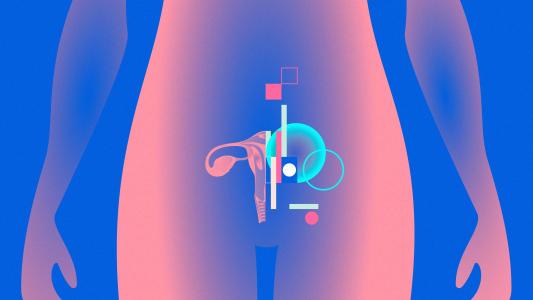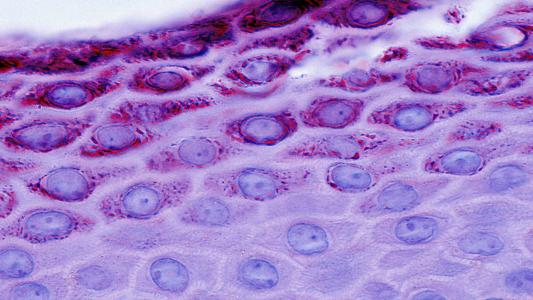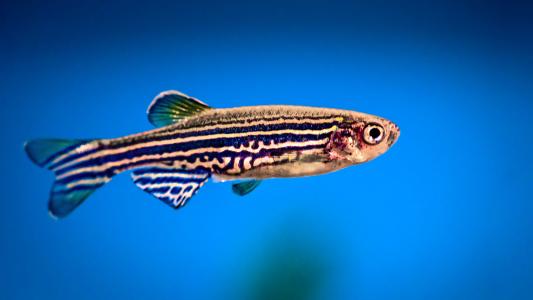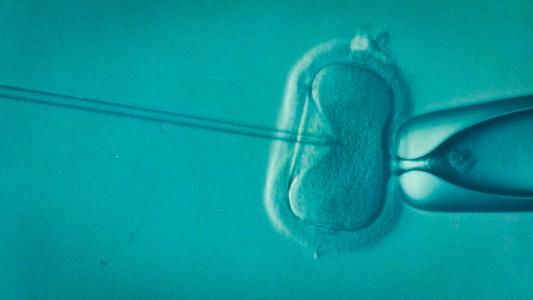Fertility
An at-home test to find your best birth control option
Seattle-based startup adyn is developing an at-home testing kit to help women find their best birth control method.
"Defective" embryos can actually self-correct in the womb
PGT-A, a genetic test used to screen embryos for aneuploidy prior to in vitro fertilization, appears to be excluding many viable options.
Sperm may play a bigger role in pregnancy than we thought
Sperm appear to play a bigger role in pregnancy than previously believed, not only fertilizing the egg, but also “persuading” the female body to accept it.
New blood test could predict the onset of labor
Stanford University researchers have identified blood-based biomarkers that can be used to predict the onset of labor in pregnant women.
Researchers have grown a mouse embryo in a bottle
Researchers have grown a mouse embryo outside the uterus for longer than ever before, opening up the door to learning more about how mammals grow.
Can a lab-grown uterus treat infertility?
A bioengineered uterus could open up treatment options for women facing infertility.
New vaginal ring reduces risk of HIV and pregnancy
A vaginal ring that serves double duty as both long-term contraception and convenient HIV prevention showed promise in a small study.
Babies of the future could be made from skin cells
A potential fertility treatment involves taking skin cells and reverse engineering them into eggs and sperm.
How GMO zebrafish could inspire new infertility treatments
By genetically modifying zebrafish, researchers have discovered a sex hormone that could lead to future infertility treatments for humans.
Cancer survivor gives birth thanks to a new fertility procedure
A French cancer survivor is the first person to give birth via a fertility treatment that involves freezing and thawing eggs that underwent in vitro maturation.
